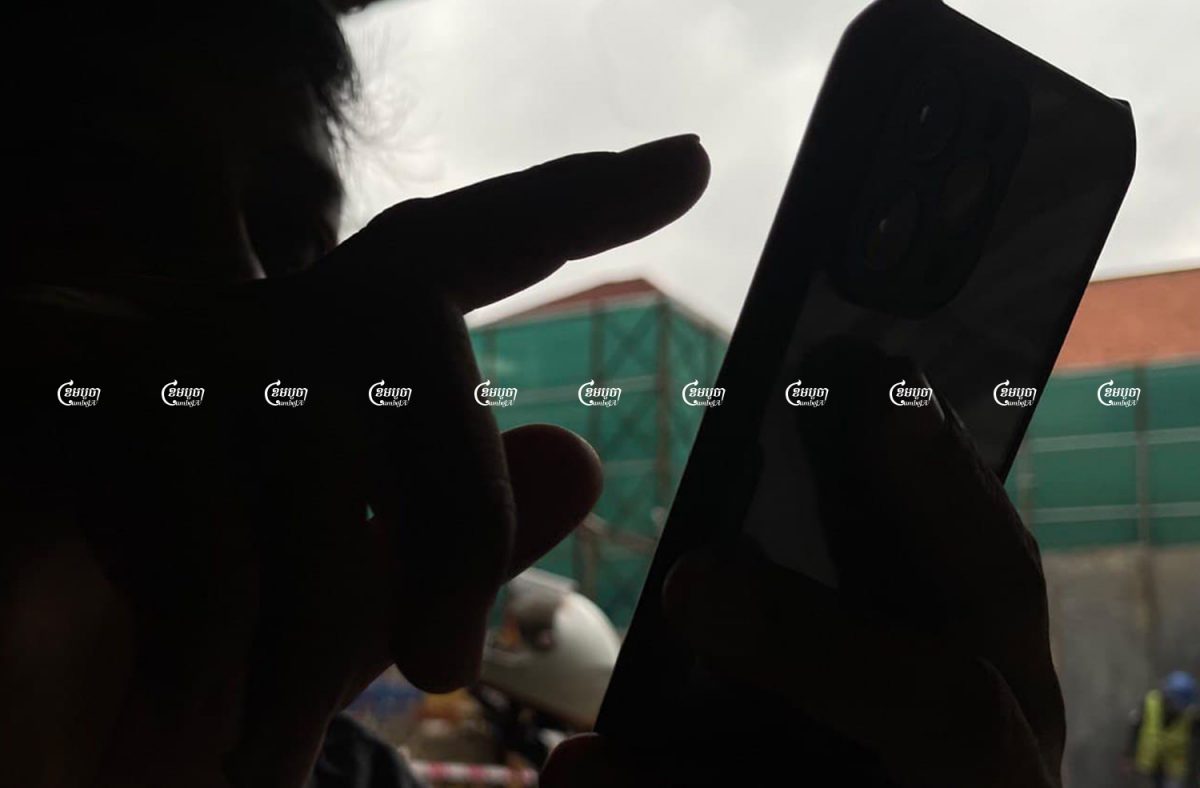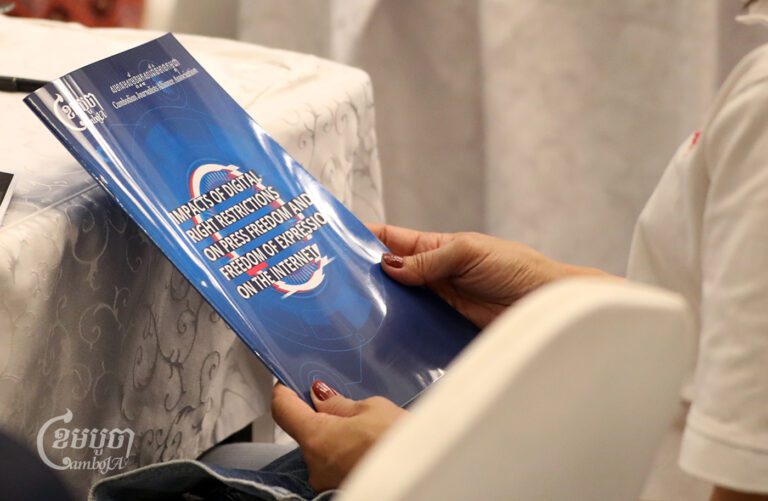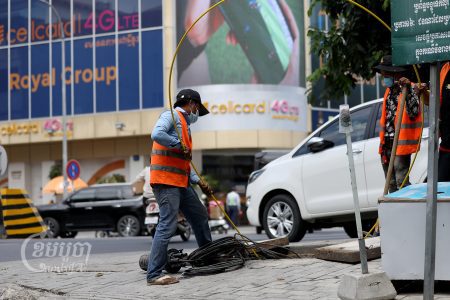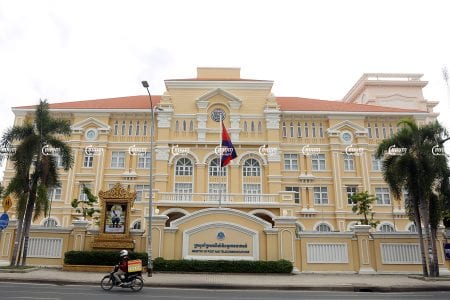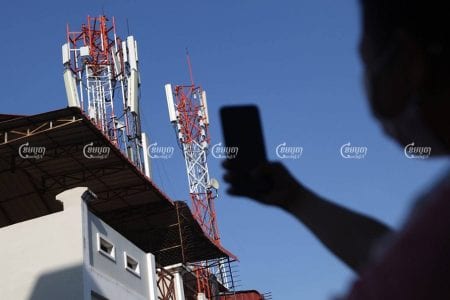A new report by Bangkok-based non-profit Asia Center shows that the Cambodian government is using online-related legislation to further oppress and threaten civic freedom. The report calls on the government to repeal articles that can be used to curtail the exercise of freedom of expression.
The more-than-40-page report entitled “Internet Freedom in Cambodia: A Gateway of Control”, which was issued on September 1, 2021, notes that the government has been increasingly using different pieces of legislation to crack down on online dissent, including a recent amendment to the Constitution, the Law on Telecommunications, the Penal Code, Inter-Ministerial Prakas No.170, the draft Cybercrime Law and the latest Sub-Decree on the National Internet Gateway.
“Many of the provisions within these laws are in violation of international human rights standards and treaties ratified by Cambodia, and heavily impact internet freedoms,” the report said.
Speaking at the launch of the report, the UN’s special rapporteur to Cambodia, Vitit Muntarbhorn, shared his concern over a new government sub-decree creating a national internet gateway.
“The law that creates this policy is extremely questionable, and it may add to the accumulation and monopolization of power which is detrimental sadly to human rights and freedom in this wonderful country,” he said.
Signed in February this year, the sub-decree on the National Internet Gateway (NIG) was reportedly intended to optimize network management. It would also create a one-stop system to bring all internet connections through a single point.
The gateway allows operators to cooperate with authorities to cut off any connection that affects national revenue, violates social order, national security, safety and to help crack down on any illegal connections. It also requires operators or ISPs to provide a monthly, quarterly and yearly report to the government and give the government the right to monitor a company’s infrastructure and equipment. The NIG requires all internet providers to re-route their services through the gateway before February 2022.
“Many other laws are overwhelming, and many of which are not necessary at all,” Muntarbhorn said. “That is why we are here to look at the situation transparently. The concern is the range of criminal laws which are being used against the enjoyment of human rights and freedom of expression, and the shadow of criminalization that is hanging over the exercise of these rights and freedom.”
The report said that while online platforms were increasingly used by citizens to exercise the right to voice political opposition, the government has enacted a number of “vaguely-worded laws and proposed new draft legislation” to silence these online users.
“Cambodia’s slew of legal measures has created a highly surveilled digital landscape that is causing anxiety among those who want to express dissent,” it said. “Faced with threats and social media manipulation, critics and human rights defenders have retreated into self-censorship and withdrawal from political engagement to ensure their survival.”
Chin Malin, vice-president and spokesperson of the Cambodian Human Rights Committee, said that in general, law-making is not intended to restrict or persecute but instead to protect and promote the rights and freedom, democracy, and the rule of law as well as public order.
“Therefore, enforcing the law to punish the perpetrators is not a restriction on freedom and human rights,” he said. “If citizens exercise their rights in accordance with the law … they do not face punishment.”
Malin said that people had been convicted under these laws because the authorities found that they had committed crimes under various guises, and that they had no legal basis to defend themselves.
“The Cambodian Penal Code is copied from the French Penal Code and prepared by French experts, so please take a look at the practices of many democratic countries before criticizing Cambodia,” he said.
The government has imprisoned a number of citizens in recent months for posting on social media. Last Wednesday, a longan farmer was sentenced to ten months in prison on incitement charges by the Battambang provincial court after posting on Facebook criticizing a campaign introduced by Prime Minister Hun Sen to buy longan fruit directly from farmers following Thailand’s decision to ban longan imports from Cambodia. On August 19, the Phnom Penh municipal court sentenced a chicken farmer to 18 months in prison after he criticized the leadership of a government official over an agricultural policy.
The government’s crackdown on dissent has not stopped at public expressions of dissent. In June, authorities arrested three members of the environmental protection group Mother Nature and later used a video clip allegedly taken from an online Zoom meeting to charge the activists with plotting and insulting the king. A 16-year-old son of a former opposition official was also charged in June with incitement and insulting public officials while chatting on the Telegram messaging app.
Hoeun Sopheap, an activist with the Prey Lang Network community from Kampong Thom Province, said that he was always careful with what he posted on social media.
“I think the authorities are restricting and threatening environmental activists, accusing them of incitement,” he said. “Authorities should thoroughly investigate before accusing anyone of incitement.”
“Social media is important in reflecting on social issues, and it means that some things that the authorities do not know, we can use social media to inform the authorities. And restricting online freedom is not always good, and it is against the Constitution that guarantees freedom of expression.”


